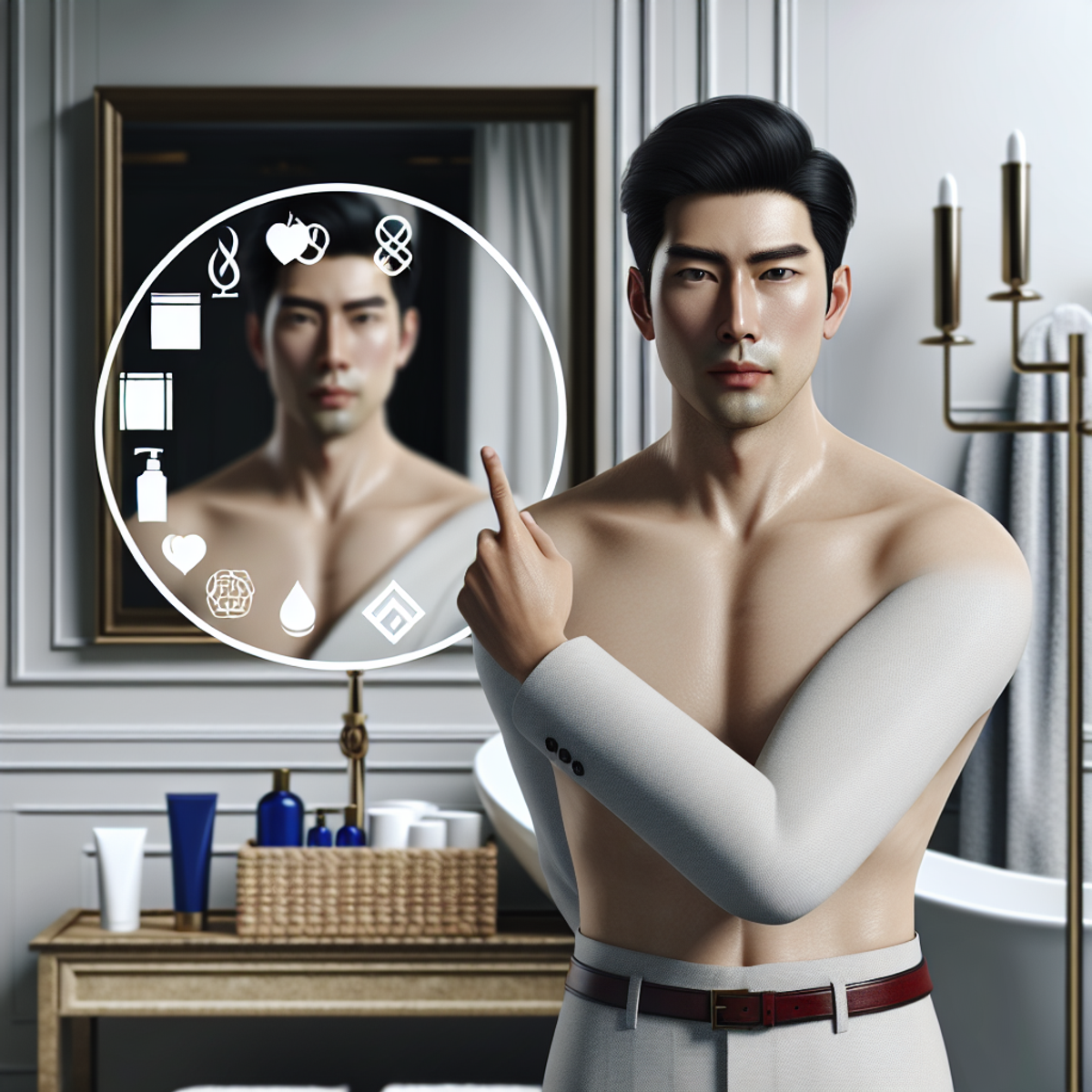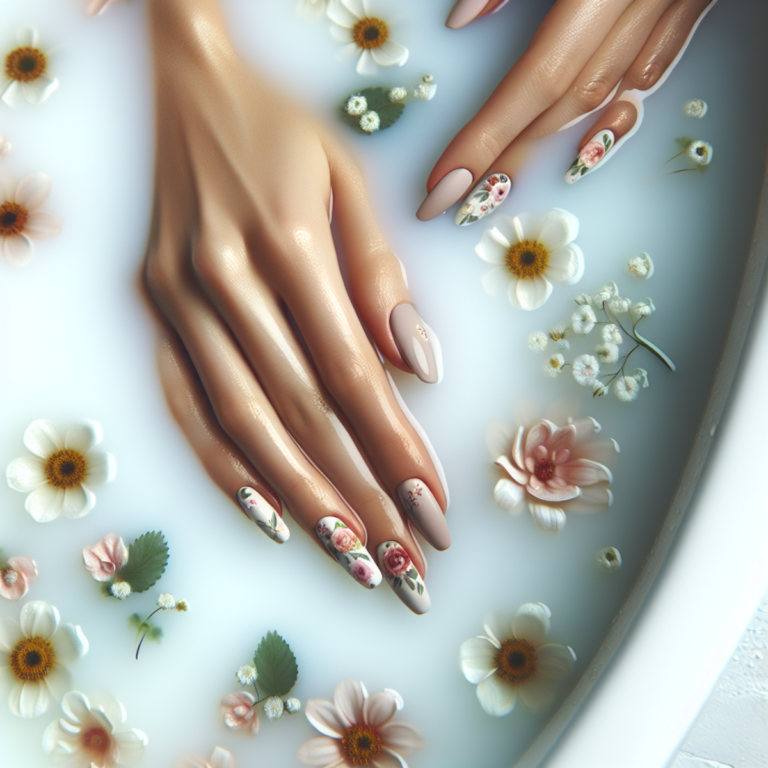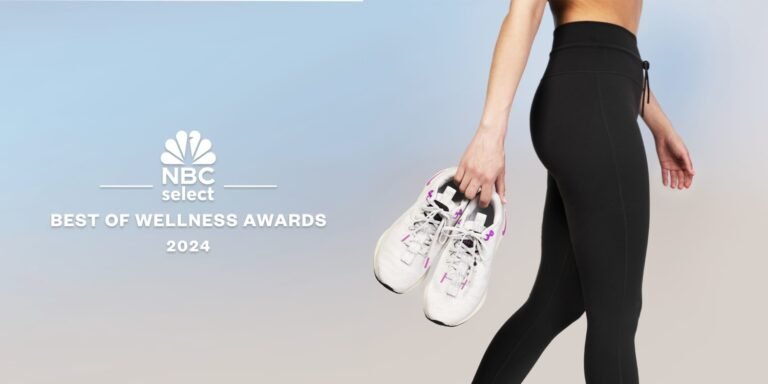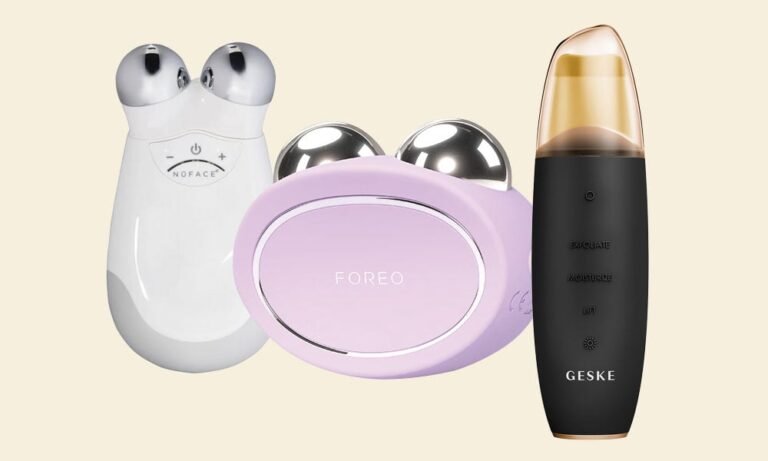How to Prevent Acne: Tips to Reduce Pimples

Introduction
Acne is a common skin condition that can affect people of all ages, causing various types of blemishes and lesions. Its impact extends beyond physical discomfort, often affecting self-esteem and confidence. In this article, we will explore effective strategies and lifestyle changes to help prevent acne breakouts and maintain clear, healthy skin.
Understanding Acne
Acne is a common skin condition that affects millions of people worldwide, particularly during adolescence. It occurs when the hair follicles become clogged with oil, dead skin cells, and bacteria, leading to the formation of various types of lesions such as whiteheads, blackheads, papules, pustules, nodules, and cysts.
The Role of Sebaceous Glands in Acne
One key player in the development of acne is the sebaceous glands.
- Sebaceous glands are small oil-producing glands located beneath the surface of the skin.
- They are most abundant on the face, back, and chest.
- These glands produce an oily substance called sebum, which helps lubricate the skin and hair.
- Sebum travels through hair follicles to reach the skin’s surface.
- In individuals with acne-prone skin, there is an overproduction of sebum due to hormonal imbalances or other factors.
The excess sebum produced by the sebaceous glands can mix with dead skin cells and bacteria within the hair follicles. This mixture can clog the follicles and form a plug. When this plug is exposed to air, it oxidizes and turns into a blackhead. On the other hand, if the hair follicle remains closed, it forms a whitehead.
Hormonal Changes and Acne
In addition to excess sebum production, hormonal changes play a significant role in acne development.
- During puberty, there is an increase in androgen hormones like testosterone.
- These hormones stimulate the sebaceous glands to produce more sebum.
- The increased sebum production can lead to oilier skin and clogged pores.
Inflammation and Acne
Furthermore, inflammation also contributes to acne formation.
- When the hair follicles become clogged with oil and dead skin cells, they create an ideal environment for bacteria to thrive.
- The Propionibacterium acnes bacteria, commonly found on the skin, multiply in these clogged follicles and trigger an immune response.
- This immune response results in redness, swelling, and inflammation, leading to the formation of papules, pustules, nodules, and cysts.
Debunking Acne Myths
It is important to note that acne is not solely caused by poor hygiene or eating greasy foods, as was once believed. While factors like diet and hygiene can influence acne development to some extent, they are not the sole determinants.
Understanding the underlying causes of acne can help individuals take appropriate preventive measures and seek effective treatments when necessary. By addressing the factors that contribute to acne formation, such as excess sebum production and inflammation, it is possible to reduce the occurrence and severity of breakouts.
In the following sections, we will explore strategies for preventing acne through skincare routines, healthy lifestyle habits, and additional measures.
1. Skincare Routine for Acne Prevention
a. Cleansing for Acne Prevention
To prevent acne breakouts, it’s important to have a good skincare routine that keeps your skin clear and healthy. One of the most crucial steps in this routine is proper cleansing, which helps remove excess oil, dirt, and impurities that can clog pores and lead to acne. Here’s how you can wash your face effectively to prevent acne:
- Cleanse twice a day: Make sure to cleanse your face in the morning and evening using a gentle cleanser specifically made for acne-prone skin. This will help get rid of any buildup of dirt and oil that can cause pore blockages.
- Choose the right cleanser: When dealing with acne, look for cleansers that have ingredients like salicylic acid or benzoyl peroxide, known for their ability to fight acne. These ingredients can unclog pores and reduce inflammation, effectively preventing breakouts.
- Be gentle: Avoid scrubbing your face harshly or using rough materials that can irritate your skin and make acne worse. Instead, gently massage the cleanser onto your skin using circular motions, making sure to cleanse thoroughly without causing any friction.
- Rinse with lukewarm water: After applying the cleanser, rinse your face with lukewarm water to remove all traces of the product. Avoid using hot water as it can strip away natural oils from your skin, leading to dryness and potential irritation.
- Pat dry: Once you’re done rinsing, pat your face dry with a clean towel. Don’t rub your skin vigorously as this can create friction and potentially worsen existing acne.
By following these guidelines for cleansing your face, you can effectively reduce the buildup of oil and impurities on your skin, lowering the chances of getting acne while promoting a clearer complexion.
b. Moisturizing for Acne Prevention
Contrary to what some may think, moisturizing is still important for people with acne-prone skin. Even though you might have excess oil and breakouts, using the right moisturizer can actually help your skin by keeping it hydrated without clogging pores or making acne worse.
Here are some things to keep in mind when moisturizing to prevent acne:
- Choose non-comedogenic: Look for moisturizers that are labeled as non-comedogenic, which means they’re less likely to clog pores and cause breakouts.
- Go for hydration: Opt for moisturizers that have hydrating ingredients like hyaluronic acid or glycerin to replenish moisture in your skin without adding more oil.
- Use oil-free formulas: Select moisturizers that are specifically made to be oil-free or lightweight, as they won’t contribute as much to pore blockages or make your skin look shiny.
- Apply with balance: After cleansing, apply a thin layer of moisturizer evenly on your skin. Focus on areas that tend to be drier while being careful not to use too much on oily areas that are prone to breakouts.
By following these guidelines when moisturizing, you can effectively meet the hydration needs of your skin without compromising its clarity and reducing the chances of getting new acne.
b. Moisturizing for Acne Prevention
When it comes to managing acne-prone skin, maintaining a proper daily skincare routine is essential. This includes gentle cleansing as well as non-comedogenic moisturization techniques.
Explanation of the Importance of Moisturizing
Contrary to common belief, moisturizing remains crucial for acne-prone skin. While it’s understandable to be cautious about applying products to already oily skin, using a non-comedogenic moisturizer can actually help maintain the skin’s natural barrier and prevent excessive dryness. When the skin becomes too dry, it can trigger an overproduction of sebum, potentially leading to more breakouts. Therefore, finding the right balance in hydration is key for managing acne-prone skin.
Some individuals may wonder if they need a moisturizer at all if they have oily skin. Well, according to Verywell Health, even oily skin needs proper hydration to stay healthy and function optimally. The key is to choose the right type of moisturizer that suits your specific needs.
Suggesting Suitable Non-Comedogenic Moisturizers
When selecting a moisturizer for acne-prone skin, it’s important to opt for non-comedogenic products that won’t clog pores or exacerbate acne symptoms. Look for labels that specifically indicate “non-comedogenic” or “won’t clog pores.” Additionally, consider moisturizers that are oil-free and formulated for sensitive or acne-prone skin.
Some popular non-comedogenic moisturizers suitable for acne-prone individuals include:
- Cetaphil DermaControl Oil Control Moisturizer
- Neutrogena Oil-Free Facial Moisturizer
- La Roche-Posay Effaclar Mat Daily Moisturizer
- Aveeno Clear Complexion Daily Moisturizer
By incorporating a non-comedogenic moisturizer into your daily skincare routine, you can provide essential hydration to your skin without exacerbating acne breakouts. Remember to apply it after cleansing to lock in moisture and support overall skin health.
In summary, while it may seem counterintuitive, proper moisturizing is crucial for acne-prone skin. By choosing non-comedogenic products and incorporating them into your skincare routine, you can effectively manage acne while keeping your skin well-hydrated and balanced. For a comprehensive understanding of the significance of moisturization, you can also refer to this article on the importance of moisturizing.
2. Healthy Lifestyle Habits for Clear Skin
Maintaining a healthy lifestyle is essential for preventing acne breakouts and achieving clear skin. In addition to a proper skincare routine, adopting certain habits and making lifestyle changes can greatly contribute to reducing the occurrence of pimples. Here are some key points to consider:
Diet and Acne Prevention
The food we eat plays a big role in our overall health, including the condition of our skin. While there isn’t solid proof linking specific foods to acne, some studies suggest that certain dietary factors may affect its development. Here are some dietary recommendations to help maintain clear skin:
- Avoid greasy/junk food, dairy products, and processed foods: These foods are often high in unhealthy fats, sugars, and artificial additives, which can potentially trigger inflammation and contribute to acne breakouts. Opt for healthier alternatives such as fresh fruits, vegetables, whole grains, lean proteins, and low-fat dairy products.
- Increase your intake of antioxidants: Antioxidants help protect the skin from oxidative stress and inflammation. Include foods rich in antioxidants such as berries, leafy greens, tomatoes, nuts, seeds, and green tea in your diet.
- Stay hydrated: Drinking enough water helps keep your skin hydrated and flushes out toxins from your body. Aim for at least 8 glasses of water per day.
Hygiene Practices for Acne Prevention
Maintaining proper hygiene practices is crucial for reducing the risk of bacterial growth on the skin and preventing clogged pores. Here are some hygiene habits to incorporate into your daily routine:
- Wash your face twice a day: Use a mild cleanser specifically made for acne-prone skin to gently cleanse your face without stripping away its natural oils. Avoid harsh soaps or scrubbing vigorously as it can irritate the skin and worsen acne.
- Avoid touching your face: Touching your face with dirty hands can transfer bacteria and oils onto the skin, leading to breakouts. Try to avoid touching your face unnecessarily throughout the day.
- Cleanse after workouts: After exercising or sweating, it’s important to cleanse your skin to remove sweat, dirt, and bacteria that may have accumulated on the surface. Use a gentle cleanser and rinse thoroughly.
Exercise and Stress Management
Regular exercise not only benefits your overall health but also promotes healthy skin function. Engaging in physical activity improves blood circulation, which helps deliver oxygen and nutrients to the skin cells while removing toxins. Additionally, exercise can help manage stress levels, which is crucial as stress can contribute to hormonal imbalances that trigger acne breakouts.
- Incorporate regular exercise into your routine: Aim for at least 30 minutes of moderate-intensity exercise most days of the week. Activities such as brisk walking, jogging, cycling, or yoga can be beneficial for your skin and overall well-being.
- Practice stress management techniques: Chronic stress can lead to increased sebum production and inflammation, which can worsen acne. Find healthy ways to manage stress like practicing mindfulness meditation, deep breathing exercises, or engaging in hobbies that bring you joy.
Remember that developing these healthy lifestyle habits takes time and consistency. It’s important to make gradual changes and stick to them in order to see improvements in your skin over time. By adopting a balanced diet, practicing good hygiene habits, and incorporating regular exercise into your routine, you can significantly reduce the occurrence of acne breakouts and achieve clearer, healthier skin.
3. Additional Measures to Prevent Acne
To effectively prevent acne breakouts and maintain clear skin, it’s important to go beyond just a healthy diet and proper hygiene practices. Here are some additional measures you can take to further reduce the risk of developing acne:
Sun Protection for Acne Prevention
Protecting your skin from the harmful effects of the sun is crucial in preventing acne breakouts. Exposure to UV rays can lead to inflammation and increased oil production, which can contribute to the development of acne. Here are some tips for effective sun protection:
- Use a broad-spectrum sunscreen: Look for a sunscreen that offers protection against both UVA and UVB rays. Choose a product with at least SPF 30 and opt for active ingredients like zinc oxide or titanium dioxide.
- Apply sunscreen generously: Make sure to apply an adequate amount of sunscreen to all exposed areas of your skin, including your face, neck, and any other areas prone to acne breakouts.
- Reapply regularly: Remember to reapply sunscreen every two hours or more frequently if you’re sweating or swimming.
By incorporating sun protection into your daily skincare routine, you can help prevent sun-induced acne flare-ups and maintain a healthy complexion.
Choosing the Right Makeup for Acne-Prone Skin
While it’s generally advisable to avoid wearing heavy makeup during breakouts, there are certain makeup products that can be safe for acne-prone skin. Here are some tips for choosing makeup that won’t aggravate your acne:
- Opt for non-comedogenic products: Look for makeup labeled as “non-comedogenic,” which means it won’t clog your pores or contribute to the formation of acne lesions.
- Avoid oil-based products: Oil-based foundations and cosmetics can occlude your pores and lead to breakouts. Instead, choose water-based or oil-free formulas.
- Check for acne-fighting ingredients: Some makeup products contain ingredients like salicylic acid or benzoyl peroxide, which can help treat and prevent acne while providing coverage.
- Remove makeup before bed: Always make sure to thoroughly remove your makeup before going to bed to prevent pore-clogging and potential breakouts.
Remember, even with acne-friendly makeup, it’s essential to allow your skin to breathe and have makeup-free days whenever possible. Proper cleansing and moisturizing should remain the foundation of your skincare routine.
By incorporating these additional measures into your acne prevention strategies, you can further reduce the risk of breakouts and maintain clear, healthy skin.
Knowing When to Seek Professional Help
If you find that your acne is not responding to preventive measures, or if you are experiencing moderate to severe acne symptoms, it may be time to seek professional help from a dermatologist. Here are some indications that warrant a visit to a dermatologist for specialized acne treatment:
1. Persistent Acne
If you have been diligently following a skincare routine and making healthy lifestyle choices but your acne continues to persist or worsen, it may be time to consult a dermatologist. They can assess your condition and recommend personalized treatment options.
2. Severe Acne Symptoms
In cases where acne presents as deep, painful cysts or nodules, it’s crucial to seek professional help. Severe acne can lead to scarring and emotional distress, so early intervention by a dermatologist is essential.
3. Resistance to Over-the-Counter Products
If over-the-counter acne products containing ingredients like benzoyl peroxide or salicylic acid have not been effective in managing your acne, a dermatologist can provide stronger prescription medications tailored to your specific needs.
Dermatologists have access to a range of medical treatments that can effectively address moderate to severe cases of acne. These treatments may include:
- Prescription Topicals: Dermatologists can prescribe stronger topical treatments such as retinoids, antibiotics, or combination therapies that are not available over the counter.
- Oral Medications: For more severe cases of acne, oral medications like antibiotics, hormonal therapies, or isotretinoin (commonly known as Accutane) may be recommended by dermatologists.
- Procedural Interventions: Dermatologists may perform procedures such as chemical peels, extraction of whiteheads and blackheads, corticosteroid injections for large pimples, and light therapy to help manage and reduce acne breakouts.
Combining professional guidance with ongoing preventive measures is key in managing and reducing acne breakouts. By working closely with a dermatologist, you can develop a comprehensive treatment plan tailored to your skin’s unique needs. Dermatologists can also provide valuable advice on skincare routines, dietary adjustments, and lifestyle habits that complement medical treatments for optimal results.
Conclusion
Consistency is key when it comes to preventing acne. By following the tips and strategies outlined in this article, you can take proactive steps towards maintaining clear and healthy skin. Remember that everyone’s skin is unique, so finding the right approach may require some experimentation. Don’t hesitate to consult a dermatologist for personalized guidance and treatment options. With dedication and the right support, you can effectively manage and reduce acne breakouts, ultimately enjoying the confidence that comes with a healthy complexion.










